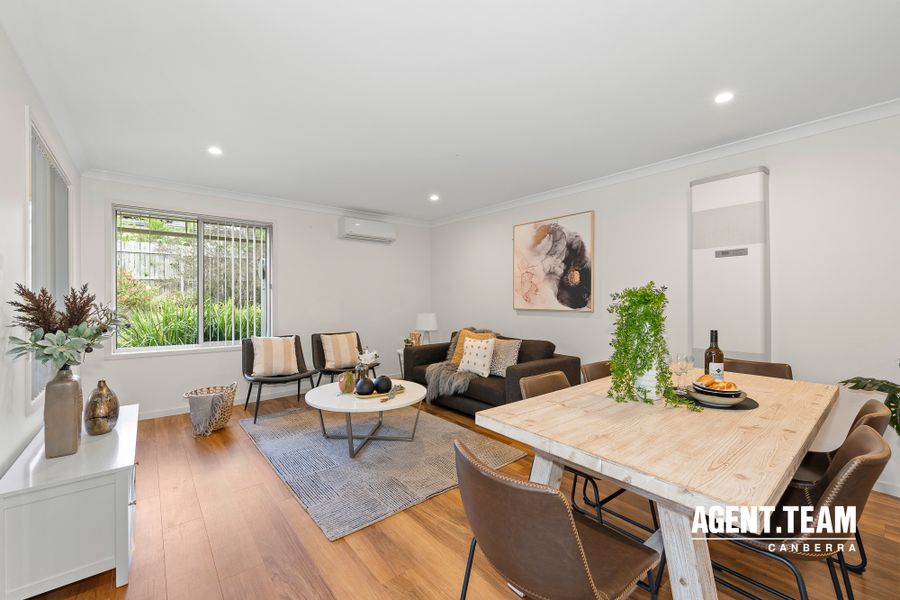
Buying a home is exciting but can feel overwhelming with all the steps involved. Here’s a straightforward guide to help you through the process:
1. Save for Your Deposit
Start by building a deposit—most lenders require at least 10%, though 20% will save you from costly lender’s mortgage insurance (LMI). Consider talking to a financial adviser to explore options like loan guarantees.
2. Know Your Expenses
Lenders scrutinise your income, employment stability, and expenses. Minimise your debts, avoid major purchases like cars, and consider checking your credit rating.
3. Determine Your Budget
Use an online mortgage calculator to get a rough idea of what you can afford. Be mindful that interest rates fluctuate, which can affect your repayments.
4. Speak with a Lender
With your budget in hand, consult a bank, lender, or mortgage broker to get an accurate assessment. Brokers can offer a range of loan options but make sure you understand their fees.
5. Shop Around
Compare loan products and interest rates to find the best option for your needs. Have your financial documents, pay slips, and credit statements ready when you’re ready to apply.
6. Decide on Your Loan
Consider whether a fixed or variable rate loan suits you best. Fixed loans offer predictable payments, while variable loans change with market rates.
7. Get Pre-Approval
Pre-approval gives you a clear budget and is generally valid for six months. Remember that pre-approval doesn’t mean guaranteed approval for any property.
8. Start House Hunting
Explore listings, talk to agents, and research property prices in your desired area. Remember that agents work for the seller, so be cautious with their advice.
9. Hire a Legal Professional
Engage a solicitor or conveyancer to guide you through the legal paperwork, title searches, and property checks. This investment helps avoid legal issues later.
10. Make an Offer
Once you’ve found the right property, make a reasonable offer. If it’s an auction, you may also submit a pre-auction offer to avoid competitive bidding.
11. Pay the Deposit
When your offer is accepted, you’ll pay a deposit, usually held in trust until settlement. If using a Deposit Bond, inform the agent in advance to avoid issues.
12. Final Lender Check
Your lender will verify the property’s value. If they deem it overpriced, you may need to cover the difference or walk away, forfeiting your deposit.
13. Exchange Contracts
Once all checks are complete, your legal team will oversee the contract exchange, legally binding you to the purchase.
14. Insure Your New Home
Arrange home insurance to take effect on the day of ownership, as the seller’s insurance will lapse.
15. Celebrate at Settlement
At settlement, your solicitor transfers funds to the seller, and the title reverts to you. Congratulations—you’re officially a homeowner!
-
about 1 month agoSmart Saving: How to Own Your Home by Your Late 20s
-
about 1 month agoTips to Help You Secure the Best Price When Selling Your Property
-
about 1 month agoOutline of the 8 Key Additional Expenses When Buying a Property













